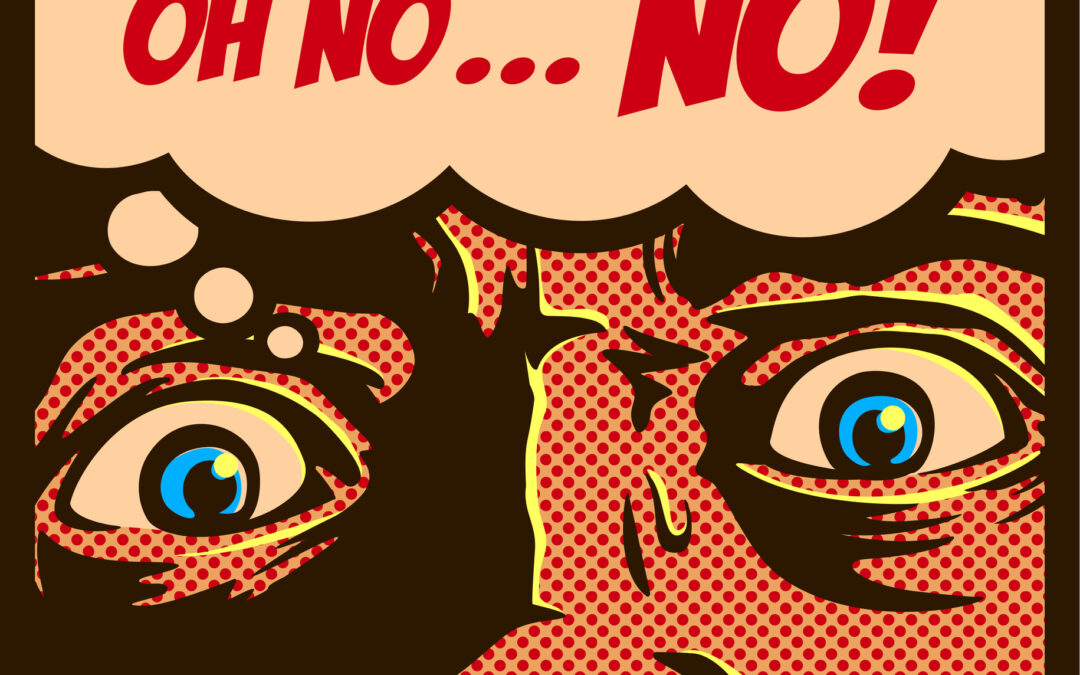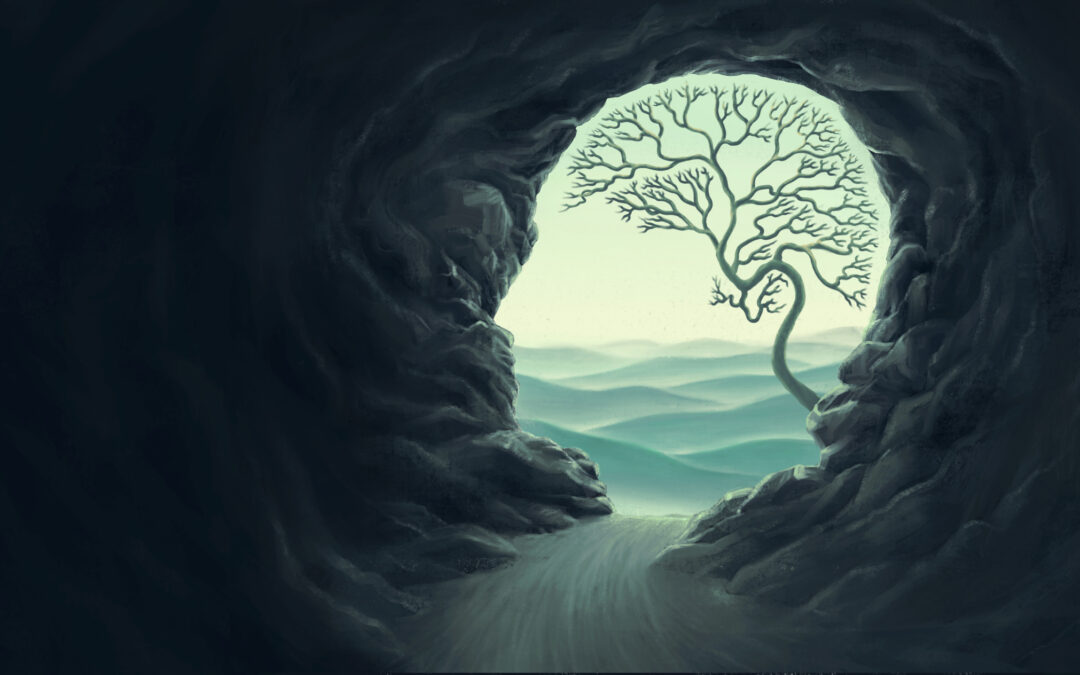When I am among the trees,
Especially the willows and the honey locust,
Equally the beech, the oaks and the pines,
They give off such hints of gladness
I would almost say they save me, and daily.
Excerpt, “When I Am Among The Trees” by Mary Oliver
We live in a world that allows us immediate, constant access to Internet spaces. This offers us accessibility, economic opportunity, entertainment, cultural exchange, education, and productivity. However, for as many benefits as there are, we’re also presented with challenges – Cognitive overwhelm, social isolation, distraction. Worldwide, we spend an average of six hours and 40 minutes per day on screens, and we average five or fewer hours in nature per week.
Research shares with us a wealth of information about how nature is beneficial for our emotional and cognitive health. When we disconnect and get ourselves into nature, we are happier, perform better on tasks, feel more energized, and experience real-time, literal connection to the world around us. The biophilia hypothesis (“biophilia” literally means love of life or love of living systems) suggests that humans have an innate tendency to seek connection with nature and other forms of life. This hypothesis states that spending time in nature triggers a physiological response that lowers stress levels. We have many studies that show humans perform better on cognitive tasks while listening to nature audio, pausing to view nature scenes, and green spaces adjacent to schools boost cognitive development in children. We know that adults perform better on work-related tasks when they, too, have access to green spaces.
Nature helps us feel joy, we become more creative, and moving our bodies further supports the metabolization of emotion. Neuroimaging studies have shown that being in nature activates regions of the brain associated with empathy and emotion regulation.
Back to social media for a sec – It’s important to acknowledge that we often see posts in the Internet space about folks who mountain climb, backpack across countries, and live on sailboats. It’s easy to engage in comparison and think of ourselves as not doing enough when we aren’t able to participate in viral-video-worthy feats. But, the nervous system doesn’t discriminate between the leaf on the tree at the top of the mountain and the leaf on the tree outside of your home.
Nature is everywhere, and can be free or low-cost to access. Some ideas, just to name a few:
- Sitting next to an open window
- Reading a book outside
- Picnicking with a loved one or friend
- Water balloon fight!
- Birding
- Journaling outside
- Hopscotch
- Disc golfing
- Running and/or walking
- Stargazing
- Laying in the grass and watching the clouds
- Gardening

Things You Might Feel Shame For, That Are Actually Very Common!
As therapists, we hear from people in all walks of life. Every client is different and comes to therapy with varied experiences, but one thing remains true; most people hold shame for things they don’t need to. When we feel shame, our brains will often make us think...

Life Hacks For When Everything Feels Hard
Mental health challenges like depression, anxiety, and ADHD can make for difficult days. Ideally, with the right combination of therapy, coping skills, or medication, there won’t be so many hard days. But sometimes we hit a rough patch or experience a stressor or...

Pride Month: How to Support Someone Coming Out
June is Pride Month, so let’s take this opportunity to go over some ways you can support the LGBTQ+ folks in your life if they choose to share their experience with you. Your response should vary based on your relationship dynamic, but in general, these are some rules...

Be a Better Mental Health Ally: 7 Stigmatizing Phrases and What To Say Instead
Chances are, you’ve either said or heard each of these phrases. While not typically used with ill-intent, imagine for a moment being someone who experiences the mental health challenges described, and how you might interpret these statements. Small, intentional...

3 Unconventional Ways to Stop a Panic Attack
Panic attacks feel different for everyone, but typically include sensations like a pounding heart, sweating, a feeling of terror, constricted or rapid breathing, and feeling as though the room is closing in on you or spinning. Regardless of how they present, a...

